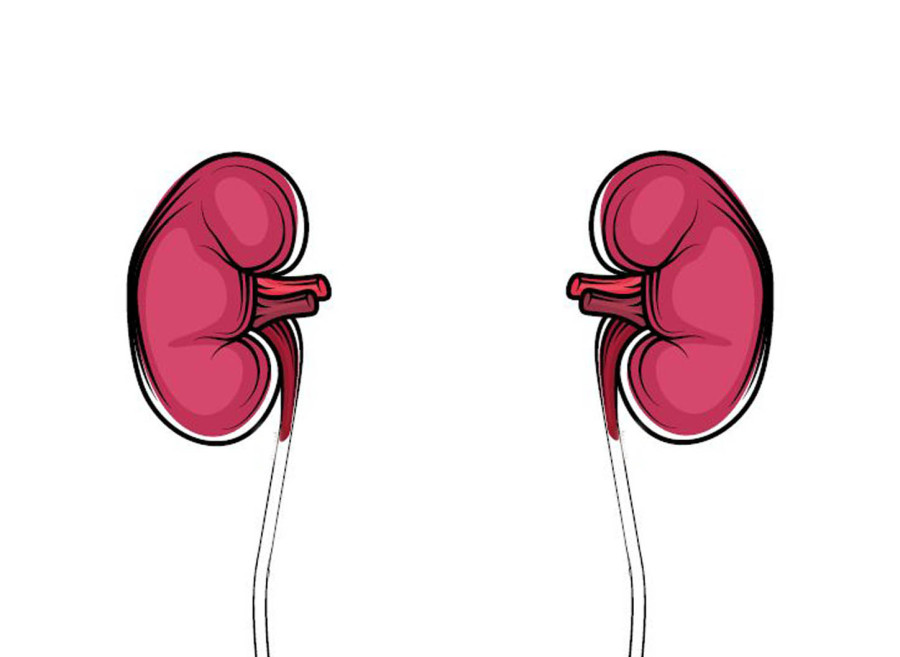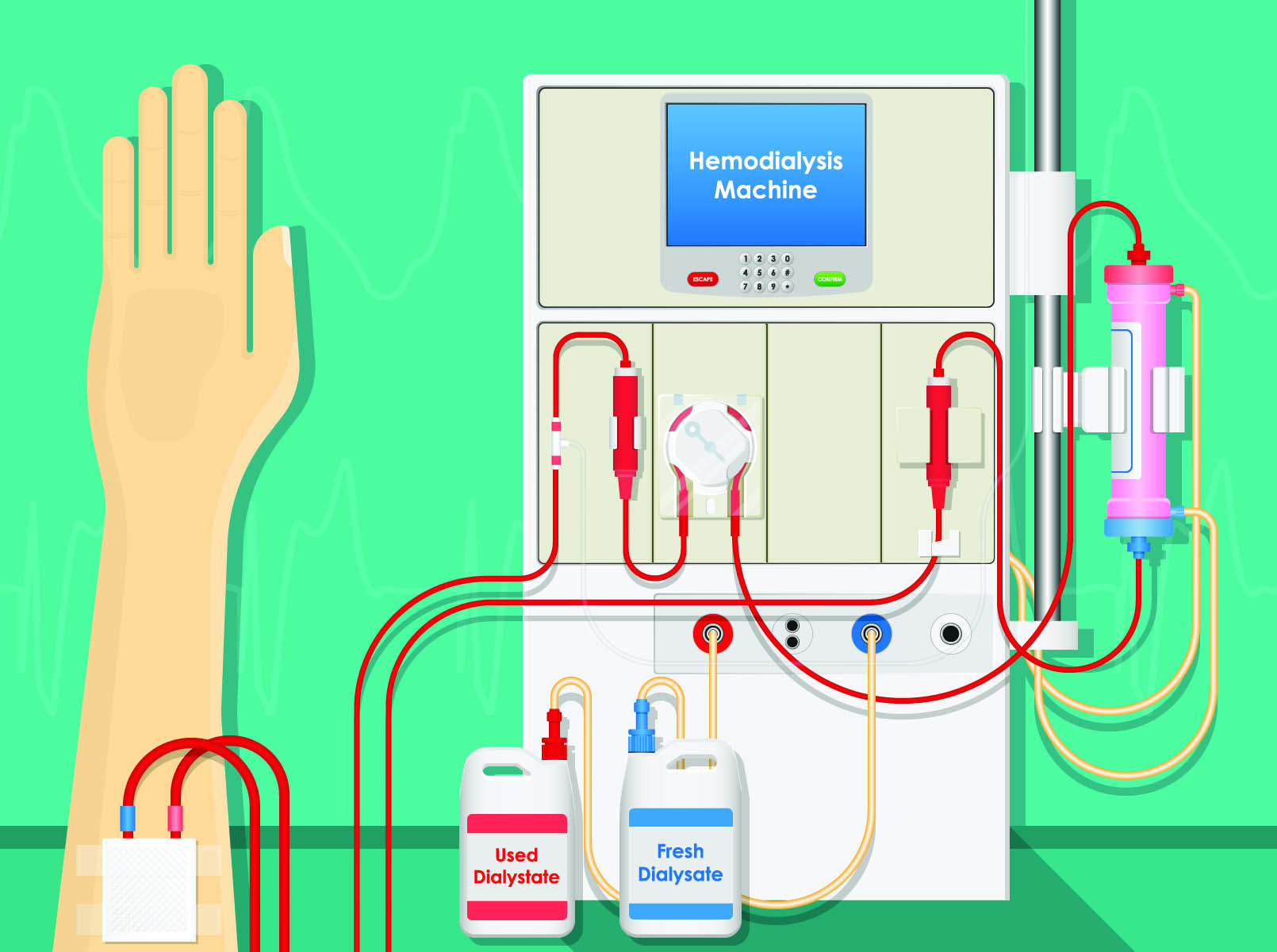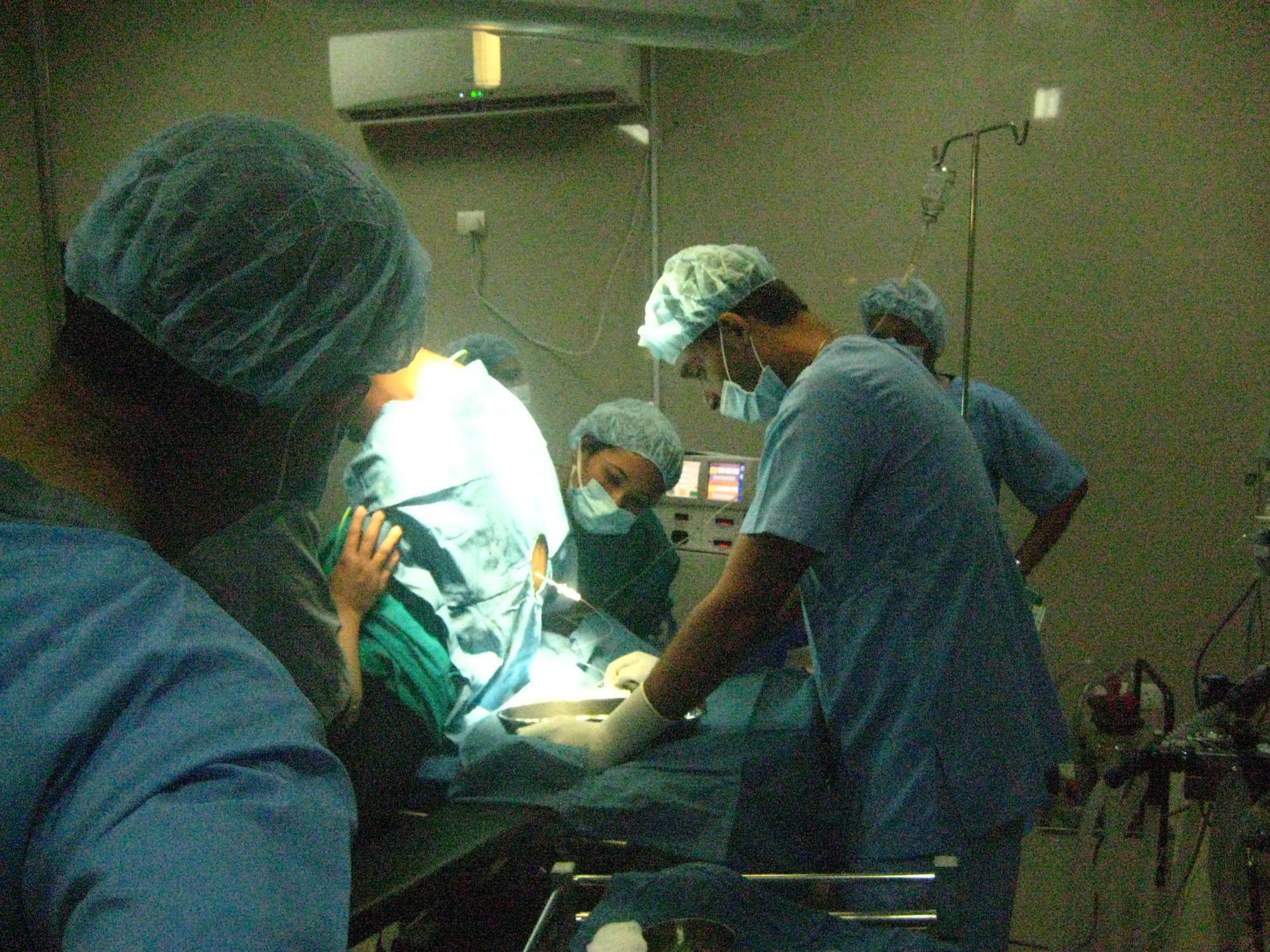Health
What ails our kidneys and what’s the remedy?
Kidneys can be kept healthy through physical activity and a balanced diet. Haemodialysis and transplant are available if the vital organ stops working.
Post Report
Around 300,000 people in Nepal suffer from some kinds of renal problems, according to the World Health Organisation. Of them, 30,000 are in the final stage of kidney failure. Around 3,000 people suffer from kidney failure every year. Doctors say kidney failure can be avoided with timely intervention and awareness. In recent days, kidney transplantation made headlines after concerns over the health of Prime Minister KP Sharma Oli. After both his kidneys stopped functioning, Oli had undergone a kidney transplant in India in 2007. Oli, who had visited Singapore twice in August-September, on October 30 and 31 underwent two rounds of dialysis. Oli received third dialysis on Saturday. Doctors attending to him are now considering United States of America, Thailand and Singapore for another transplantation. Experts, however, say Nepal itself has a very good success rate of kidney transplantation and doctors are capable and facilities are well-equipped even for second transplantation. The non-communicable disease is a major burden for most renal patients in Nepal.
Here’s everything you should know about kidney failure and the remedy.
What are the kidneys and what is their function?
Human bodies have two kidneys—bean-shaped organs—on either side of the spine, sitting below the ribs and just above the waist. For a human body to function properly, it must contain just the right amount of water. Kidneys regulate water by removing excess water from the body or retaining it when the body needs more.
For the body to function properly, there must be the correct level of many of the components of the blood and other body fluids. With well functioning kidneys, extra minerals leave the body through urine. Kidneys play a key role in clearing waste products, such as urea and creatinine, from the body. Besides, healthy kidneys produce hormones that circulate in the bloodstream and regulate blood pressure, red blood cell production and the calcium balance.
What happens when our kidneys get damaged?
When both kidneys are damaged, waste products and fluid can build up in the body, causing nausea, weakness, poor sleep, shortness of breath and swelling in the ankles. Without proper medical care, the damage can get worse and cause the kidneys to eventually stop functioning. This condition can be life-threatening.
What are the health risks for the kidneys?
Diabetes poses one of the biggest risks for kidney disease, and it’s the top cause of kidney failure. Healthy diet, remaining active and medicine can help manage diabetes and prevent kidney damage. High blood pressure is listed by kidneyfund.org as one of the greatest factors that increases the risk of kidney disease. Pressure is the second most common factor leading to kidney failure. Keeping blood pressure under control is essential to prevent kidney disease, or to keep it from getting worse.
Tracing one’s family health history is vital for assessing the risk for kidney ailment. A person is more prone to getting kidney disease if there’s a family history. The risk increases with age, especially after the age of 60. Diabetes and high blood pressure, as two leading causes of kidney failure, are likely cases in people aged 60 or older.
What is renal failure?
Kidneys have a full-time job of filtering waste products from the blood. When they cannot do their job, it’s called acute kidney failure. Kidneys losing their filtering ability means accumulation of dangerous levels of wastes. The blood's chemical composition then could lose balance. Acute kidney failure develops rapidly, mostly in less than a couple of days. This condition is commonly found in people who are already hospitalised, particularly in critically ill people who require intensive care.
Acute kidney failure, which can be fatal, requires intensive treatment. However, acute kidney failure may be reversible. If someone is in otherwise good health, they may recover normal or nearly normal kidney function. Some of the signs and symptoms of acute kidney failure are decreased urine output, although occasionally urine output remains normal; fluid retention, causing swelling in the legs or feet; shortness of breath; fatigue; confusion; nausea; weakness; irregular heartbeat; chest pain or pressure; seizures or coma in severe cases. Sometimes acute kidney failure causes no signs or symptoms and is detected through lab tests done for another reason.
What is the cure if both kidneys stop working?
There are two treatments available for renal failure—regular dialysis and kidney transplant. Dialysis or transplanted kidney take over some of the work of the damaged organs and remove wastes and unnecessary fluid from the body.
Kidney transplant, however, entails risks, which include surgical hazards, rejection of the donor organ and side effects of medications needed to prevent the body from rejecting the foreign kidney.

What is haemodialysis? How is it performed?
Haemodialysis is a process to cleanse the blood of toxins, extra salt and fluids through a machine. Haemodialysis uses an artificial kidney to remove wastes and extra fluid from the blood. The blood is extracted from the body and filtered through the equipment after which the purified blood is then sent back to the body. Hemodialysis treatments usually take three to five hours and are performed up to three times a week, according to Dr Rishiraj Kafley of the National Kidney Centre.
How can we keep our kidneys healthy?
One of the best ways to help the kidney function properly is drinking plenty of fluids. The easiest way to find out whether someone is suffering from dehydration is checking the colour of the urine. If urine colour is darker than straw colour, it may be a sign of dehydration. During hot weather or when someone is exercising strenuously, they are required to drink plenty of water to recover the fluid lost by sweating. Doctors also suggest including plenty of fruit and vegetables and grains in the diet and cutting down on salty and oily food. High blood pressure, which is also caused by excessive alcohol consumption and smoking, can increase the risk of kidney and heart problems. Doctors also advise weight control to help the kidneys function properly.
What is the situation kidney care in Nepal?
Considering that kidney ailment has emerged as a major burden for the people, the government has been providing both dialysis and transplantation services free of cost. Over 4,500 people are currently receiving free dialysis service at various hospitals throughout the country.
About 1,500 people have undergone kidney transplantation since the service started around a decade ago.
Is there any financial support for patients from the government?
Every year, the government spends Rs 2.11 billion on treatment of patients with renal failure, with the figure of expenditure going up as more and more people are seeking treatment. The government provides dialysis service free of cost from 55 hospitals across the country. If a renal failure patient opts for transplantation, the government provides Rs 500,000 at once, which is the total cost of the transplantation. The government also provides additional Rs 100,000 to buy medicines after transplantation. Moreover, all kidney patients get Rs 50,000 for cross-matching kidneys between the recipient and the donor before transplantation.
Currently 4,520 people with failed kidneys are receiving free dialysis services twice a week.

Is kidney transplant possible in Nepal? Where can it be done?
Yes. Since the first successful transplantation on August 8, 2008 at Tribhuvan University Teaching Hospital, kidney transplantation is being carried out regularly at various hospitals. Doctors at Bir Hospital successfully carried out kidney transplantation on December 12 the same year.
The Health Ministry has set up Human Organ Transplant Centre in Bhaktapur, whose primary goal is to provide transplantation services including kidney transplant. The centre alone has conducted over a two-thirds of the total transplants in Nepal. Outside the Kathmandu Valley, Bharatpur Hospital in Chitwan also provides kidney transplantation service.
The service is available at Grande International Hospital in the private sector.
The government bears all the charge of transplantation if it is carried out at a government hospital.
What are the complications in having a haemodialysis or kidney transplant in Nepal?
Nepal's law governing organ transplant could sometimes be an obstacle, as only family members and close relatives can donate a kidney and close relatives between two or more families can go for paired exchange. Family members mean husband, wife, son, daughter, father, mother, adopted son, adopted daughter, siblings, grandfather, grandmother, grandson, granddaughter, father-in-law and mother-in-law. Close relatives mean adoptive father, adoptive mother, stepfather, stepmother, uncle, aunt, nephew, niece, brother-in-law, sister-in-law, maternal uncle and maternal aunt, son-in-law and daughter-in-law.
According to Dr Pukar Shrestha, director at the Human Organ Transplant Centre, paired exchange is when someone in a family experiences an organ failure and has a donor ready to donate but the patient is unable to receive it due to incompatible cross-match. In such a case, the person can receive the organ from another family who is having similar problems and the donor in their family is a match.




 20.12°C Kathmandu
20.12°C Kathmandu














